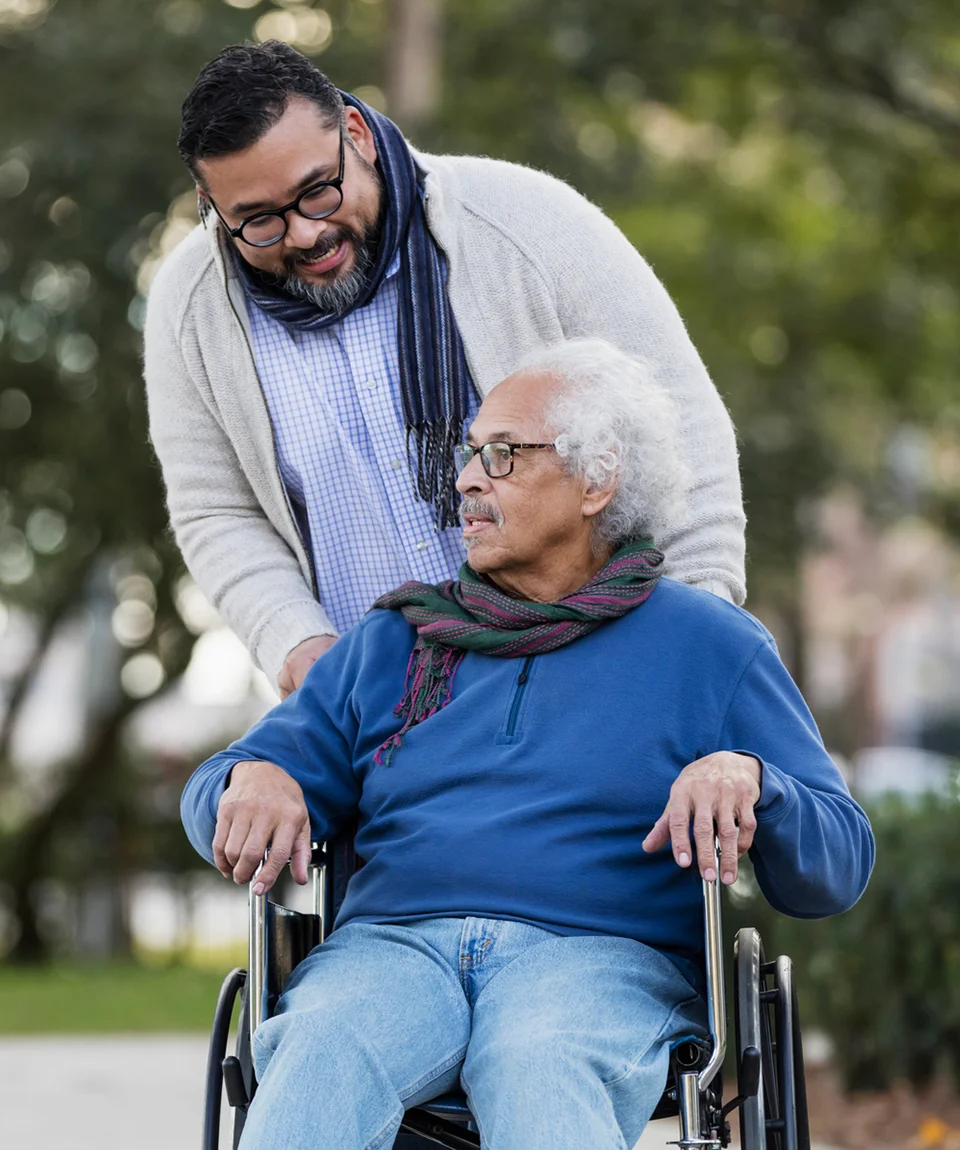Building, using and caring for social support networks
You need a social support network. That is the group of people you can count on to keep you on track. It can be your family and the friends you already have, or you can find new people. If you already have a good group ready to get involved, make sure you take care of your relationships. If you do not have many strong relationships, it is never too late to build them. Figure out the type of support you need for your recovery. You may decide you need some new people in your network who also have heart disease so they really understand what you are going through, or that give you more emotional support.
Beat heart disease.
Join the fight to end heart disease and stroke.
Here are some suggestions for taking care of your social support network:
- Meet new people. You meet more people if you try new activities and if you introduce yourself to strangers.
- Join groups or clubs that interest you. Try a walking club, bridge club, meditation centre, book club, cooking class or anything else that fits your interests. See what is available at your local community centre.
- Join your local cardiac rehab program. Talking to other people with coronary artery disease, who have gone through some of the same things as you, can be a big help.
- Take part in your community. Get involved in something that has meaning for you. Think about becoming a volunteer. It feels great to help someone else.
- Try support or self-help networks and/or spiritual or religious groups. These may be in-person or online groups. The Heart and Stroke Foundation and the American Heart Association publish blogs where you can share your experience of coronary artery disease and hear about experiences people like you have gone through.
- Let go of unhealthy relationships. Don’t be afraid to say “no” to a request that you think will cause you anxiety, stress or take up too much of your time.
- Problems with control, dependence, unreliability, manipulation, lies and lack of trust can cause pain and harm. Talk to a mental health professional if you need help to walk away from bad relationships.
- Be patient! Building trust and closeness may take time. You may have to meet several new people to make only one friend!
- Take the time to care for your relationships. It takes work to build and keep strong and caring relationships. Offer in return the same emotional support you expect in the relationship.
- Do not pay so much attention to your work that you ignore your friends and family. Use your time wisely.
- Ask for the help you need from your healthcare team and your social support network. Be specific when you ask for help to ensure you get the right kind of support.
Learn more about relationships
